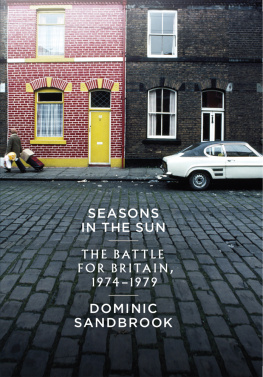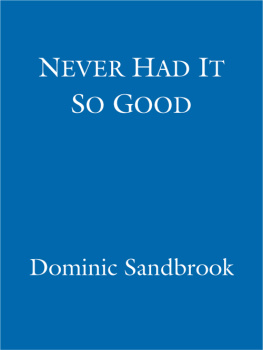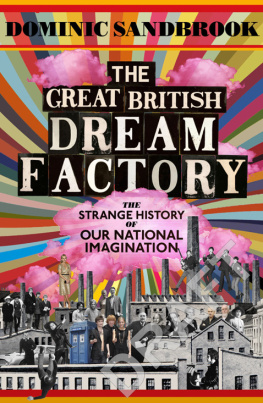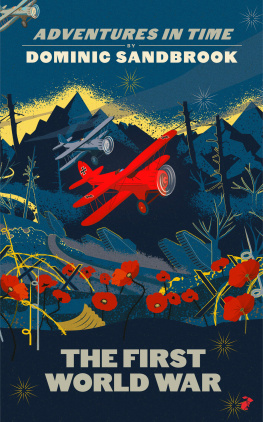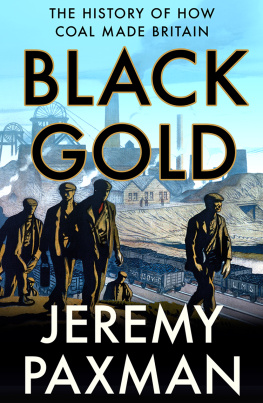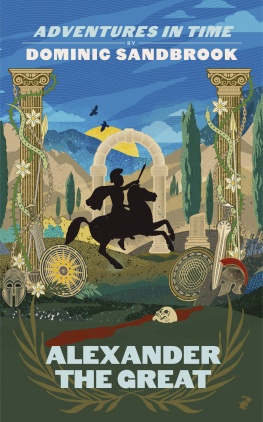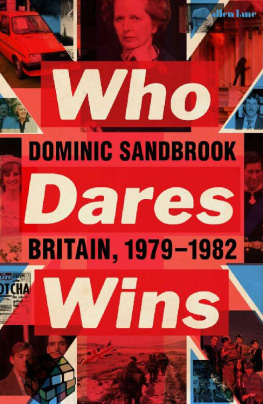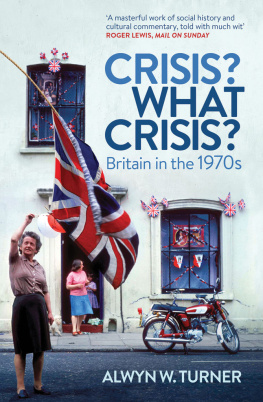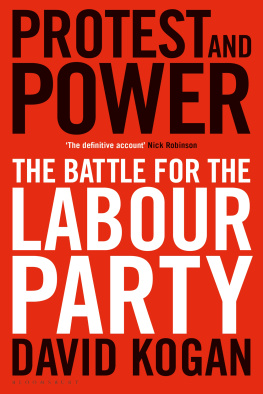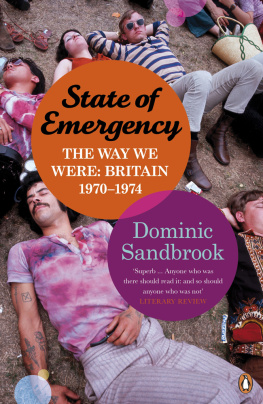
ALLEN LANE
an imprint of
PENGUIN BOOKS
ALLEN LANE
Published by the Penguin Group
Penguin Books Ltd, 80 Strand, London WC2R 0RL , England
Penguin Group (USA) Inc., 375 Hudson Street, New York, New York 10014, USA
Penguin Group (Canada), 90 Eglinton Avenue East, Suite 700, Toronto, Ontario, Canada M4P 2Y3
(a division of Pearson Penguin Canada Inc.)
Penguin Ireland, 25 St Stephens Green, Dublin 2, Ireland (a division of Penguin Books Ltd)
Penguin Group (Australia), 250 Camberwell Road, Camberwell, Victoria 3124, Australia (a division of Pearson Australia Group Pty Ltd)
Penguin Books India Pvt Ltd, 11 Community Centre, Panchsheel Park, New Delhi 110 017, India
Penguin Group (NZ), 67 Apollo Drive, Rosedale, Auckland 0632, New Zealand
(a division of Pearson New Zealand Ltd)
Penguin Books (South Africa) (Pty) Ltd, Block D, Rosebank Office Park, 181 Jan Smuts Avenue, Parktown North, Gauteng 2193, South Africa
Penguin Books Ltd, Registered Offices: 80 Strand, London WC2R 0RL , England
www.penguin.com
First published 2012
Copyright Dominic Sandbrook, 2012
The moral right of the author has been asserted
Front cover photograph John Bulmer/Getty Images
All rights reserved.
ISBN: 978-1-84-614627-5
For my mother, Hilary Sandbrook (19452011), with love
We had joy, we had fun, we had seasons in the sun.
But the wine and the song, like the seasons, are all gone.
Terry Jacks, Seasons in the Sun (1974)
A huge icy fist, with large cold fingers, was squeezing and chilling the people of Britain, that great and puissant nation, slowing down their blood, locking them into immobility, fixing them in a solid stasis, like fish in a frozen river: there they all were in their large houses and their small houses, with their first mortgages and second mortgages, in their rented flats and council flats and basement bedsits and their caravans: stuck, congealed, amongst possessions, in attitudes, in achievements they had hoped next month to shed, and with which they were now condemned to live. The flow had ceased to flow: the ball had stopped rolling: the game of musical chairs was over. Rien ne va plus, the croupier had shouted.
Margaret Drabble, The Ice Age (1977)
Preface: A Long Time Ago
Everything was fantastic. Whoever wrote it had a fantastic imagination!
Woman after seeing Star Wars, BBC news, 26 December 1977
On the morning of 7 April 1976, a film called Star Wars began shooting in suburban Hertfordshire. Its American producers had decided to film in Britain because it was much cheaper than staying in Hollywood, and as their principal base they had chosen the vast Elstree studio complex just off Shenley Road, Borehamwood. Once, Elstree had been among the worlds most prestigious facilities, the home of Goodbye, Mr Chips, The Dam Busters and The Avengers. But by the time the Americans arrived in this quiet corner of suburban Metro-land, it had long since fallen on hard times. The days when millions of people had gone to the cinema every week were now a distant memory; many cinemas had been converted into bingo halls or simply knocked down. With the domestic film industry in ruins, business had dried up, staff had been laid off and the 28-acre Elstree complex now survived on the income from cheap sex comedies like Confessions of a Window Cleaner and its sequels. When the Americans arrived, they found it almost deserted. Like so many British institutions in the mid-1970s, it felt broken, listless, a decaying monument lamenting its vanished glories. Drab, ugly, cold, depressing, was how the producers assistant later described it. But they couldnt have found a better location for privacy. No one walked in off the street.
On the surface, Star Wars seems an odd choice to reflect British life in the late 1970s. The brainchild of a Californian television addict, inspired by Westerns, comic strips and Hollywood film serials, it ostensibly has little in common with the world of Jim Callaghan, the Sex Pistols and The Good Life. Yet in Britain it was by far the most popular
As though confirming the bleak reports of British decline in the mid-1970s, the production of Star Wars had been a tortured process. The actors union, Equity, were initially reluctant to allow the films three American leads into the country, relenting only when the producers pointed out that hundreds of British jobs were at stake. The films nominal star, the unknown Mark Hamill, had never before visited Europe. When he went into a London hotel to ask for directions on his second day, the receptionist assumed he was an IRA bomber and called the police. The shy young director, George Lucas, felt equally adrift. Although his temporary home in Hampstead was lavish by local standards, he complained that he could not get a decent meal and his wife could find nothing to watch on television. To add insult to injury, the house was burgled while they were filming, the thieves making off with Lucass colour television and his wifes jewellery. Even at work he never felt at home; to his British crew, he seemed aloof and unfriendly. He sacked the editor halfway through production, while relations with his cinematographer, the old Hitchcock hand Gilbert Taylor, came close to collapse. Lucas wanted the film shot in soft focus to give it a fairy-tale feel; Taylor refused to use soft-focus lenses. Lucas took the script extremely seriously;
Taylor was not alone in his bewilderment at the young Californians impenetrable adventure story. By far the best-paid actors in the film were the veterans Alec Guinness and Peter Cushing, who were meant to supply some much-needed gravitas. But neither had any idea what was going on. Guinness even threatened to walk out when the director decided to kill off his character halfway through, and, although he relented, he told the Sunday Times that he was pretty lost as to whats required of me What Im supposed to be doing, I really cant say. Cushing, too, admitted that a great deal of the script went completely over his head. Many of the stagehands came up to me and asked, What is all this about? I cant understand a word of it, he later recalled. I told them, Neither can I. Im just saying the lines and trying to sound intelligent.
One sliver of good news for the producers was the collapse of the British pound, which had begun a few weeks before they arrived at Elstree and culminated with the national humiliation of an IMF bailout. With the exchange rate plummeting in March 1976, a pound was worth more than $2, yet by the time Lucas returned home, it was barely $1.67 they found themselves with an unexpected $500,000 windfall. But other events seemed to be conspiring against the project. The summer of 1976 was the hottest in history: every day during the last week in June and first week in July, temperatures in southern England reached at least 90 degrees. Every morning, millions awoke to a blazing sun in a clear blue sky. Outside, children frolicked in parks and fountains, while thousands of workers found excuses to slip off to the seaside. Fucking amazing weather continues, the novelist Kingsley Amis wrote to his American friend Robert Conquest at the beginning of July. Itll be 90 today and the front lawn is mostly straw. At least the Arabs who are buying up London will feel at home. But the Americans at Elstree were not happy at all. In order to film against a blue screen, the crew had put up huge arc lights, which sent the temperatures even higher. In the rafters, electricians fainted from heat exhaustion. On set, Peter Mayhew, the actor playing the dog, collapsed from dehydration.

